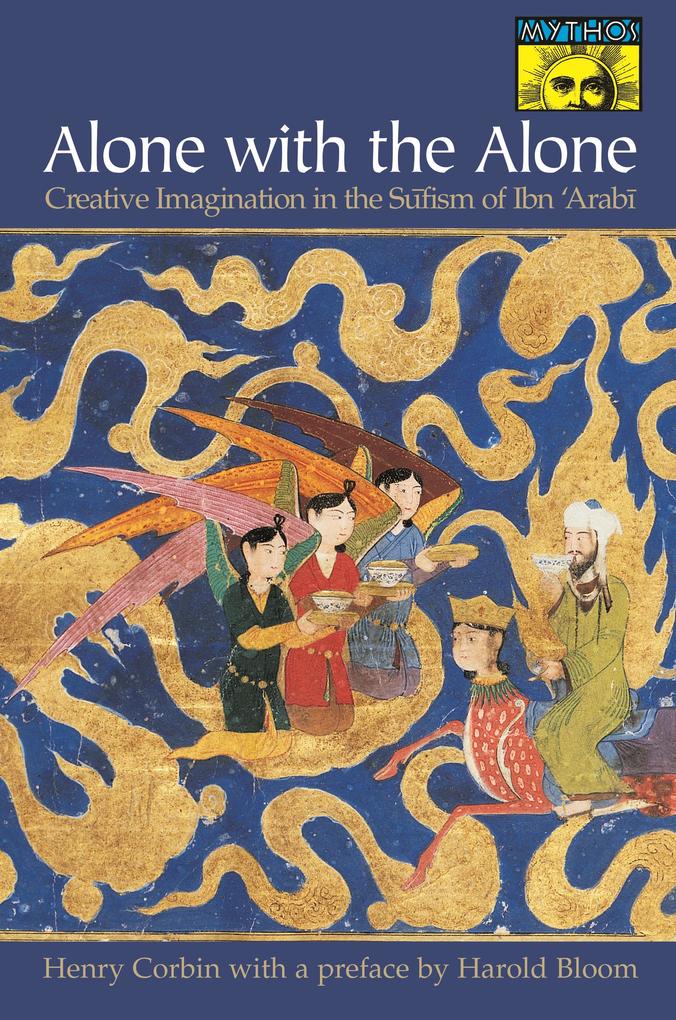
Zustellung: Sa, 14.06. - Do, 19.06.
Versand in 2 Wochen
VersandkostenfreiBestellen & in Filiale abholen:
Ibn 'Arabi (1165-1240) was one of the great mystics of all time. Through the richness of his personal experience and the constructive power of his intellect, he made a unique contribution to Shi'ite Sufism. Here Islamic religion scholar Henry Corbin relates Islamic mysticism to mystical thought in the West, comparing Shakespeare's implied cosmology in such works as HAMLET and THE TEMPEST to the Sufi's imaginal realm or "place of souls". 5 plates, 2 in color.
Inhaltsverzeichnis
List of Plates The Curve and Symbols of Ibn 'Arabi's Life At Averroes' Funeral The Pilgrim to the Orient The Disciple of Khidr His Maturity and the Completion of His Work The Situation of Esoterism Divine Passion and Compassion The Prayer of the Heliotrope The "Pathetic God" Of Unio Mystica as Unio Sympathetica Sophiology and Devotio Sympathetica The Sophianic Poem of a Fedele d'amore The Dialectic of Love The Creative Feminine Prologue The Creation as Theophany The Creative Imagination as Theophany, or the "God from Whom All Being Is Created" The God Manifested by the Theophanic Imagination The "God Created in the Faiths" The Recurrence of Creation The Twofold Dimension of Beings Theophanic Imagination and Creativity of the Heart The Field of the Imagination The Heart as a Subtile Organ The Science of the Heart Man's Prayer and God's Prayer The Method of Theophanic Prayer Homologations The Secret of the Divine Responses The "Form of God" The Hadith of the Vision Around the Mystic Ka'aba Epilogue Notes and Appendices List of Works Cited Index
Produktdetails
Erscheinungsdatum
22. März 1998
Sprache
englisch
Auflage
Revised edition
Seitenanzahl
440
Autor/Autorin
Henry Corbin
Übersetzung
Ralph Manheim
Verlag/Hersteller
Produktart
kartoniert
Gewicht
603 g
Größe (L/B/H)
235/157/29 mm
ISBN
9780691058344
Entdecken Sie mehr
Bewertungen
0 Bewertungen
Es wurden noch keine Bewertungen abgegeben. Schreiben Sie die erste Bewertung zu "Alone with the Alone" und helfen Sie damit anderen bei der Kaufentscheidung.










